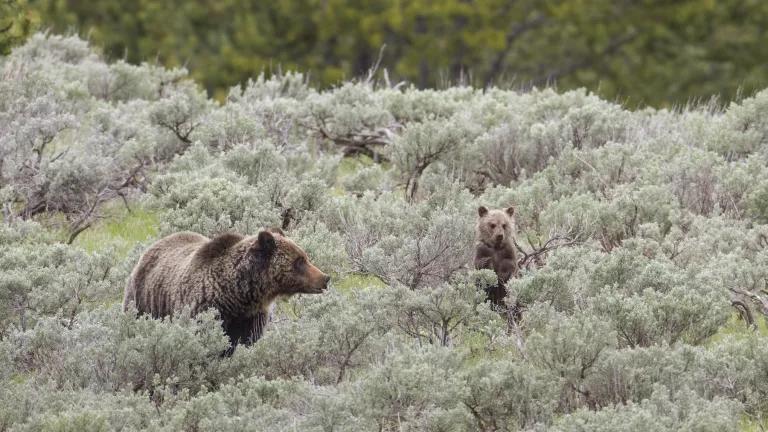UNESCO Protects Near-Extinct Vaquita's Habitat

The decision will continue to pressure the Mexican government to clamp down on the marine mammal’s sole threat: illegal fishing with gillnets.
With just 10 of the critically endangered vaquita porpoise left on the planet, the UNESCO World Heritage Committee today designated the marine mammal’s only remaining habitat, off Mexico’s coast, as “in danger.” The listing also helps drive support and financing from governments of other nations, such as China and the United States, to help Mexico build out a full conservation program.
Together with the Animal Welfare Institute, the Center for Biological Diversity filed the initial 2015 petition for UNESCO to act. Mexico must now work alongside UNESCO to protect the vaquita in order for the “in danger” status to be removed.
The vaquita’s population has plummeted in recent decades for one reason: The marine mammals become entangled and drown in gillnets that are regularly used to illegally catch shrimp and various fish, including the endangered totoaba fish. Illegal fishing—particularly of the totoaba, which is often illegally exported and sold for its perceived medicinal value by organized criminal syndicates—is rampant in the vaquita’s habitat. “Illegal fishing in the northern Gulf of California is pushing the vaquita over the extinction cliff,” says Zak Smith, senior attorney with NRDC. In July 2018, in response to a lawsuit filed by NRDC, the Center for Biological Diversity, and the Animal Welfare Institute, the U.S. Court of International Trade ordered the Trump administration to ban Mexican seafood imports caught with gillnets.
Though Mexican officials originally opposed an “in danger” designation, those attending the UNESCO committee’s meeting accepted the decision. The committee's 21 members recognized that the near-extinction of the vaquita, combined with Mexico’s poor track record of enforcing its regulations to save the vaquita and totoaba, made this a crucial step. “Working with the UNESCO World Heritage Committee,” Smith says, “the new Mexican administration now has a small window of opportunity to shift course and take the bold actions necessary to save the species over the next six months.”



